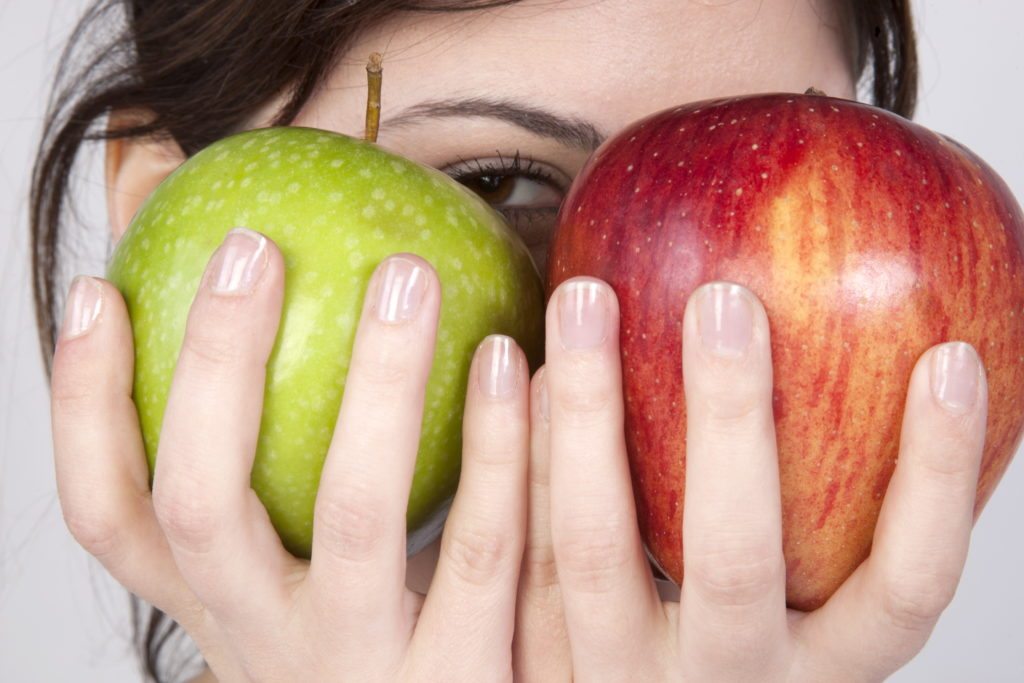We all want a healthy and balanced relationship with food and our diet.
But what does that look like exactly? It’s hard to see what balance looks like among fad diets and the latest food trends. Here’s some markers of a healthy relationship with food.
A healthy relationship with food should be balanced and flexible.
We all aim for a healthy diet, and a healthy diet encompasses many different foods and every treats from time to time. Your body is resilient, and having a doughnut or some chips once in a while will not ruin a diet or harm your health over the long-term. Try to avoid thinking about foods as good or bad (or clean vs. dirty). Foods are foods. Nourish your body and treat it once in a while to an indulgence.
Your thoughts about food should not take up too much ‘mind-space.’
Your thoughts should not center only on food or exercise. This could be a sign of obsessiveness, or a sign that food is being a placeholder for other, larger, anxieties. You should be able to plan your meal, and then move on to think about other things.
You should not berate yourself for food choices.
Talk to yourself like you would a friend or loved one. You wouldn’t call them names for what they ate over the lunch break, and neither should you. If you really feel like you need to improve your diet, talk to yourself with compassion and support, and get some great advice from a Dietician. If you find yourself with very negative self-talk, seek out a therapist to change these habits.
Your chosen diet should not interfere with other valued activities, or get in the way of relationships.
If you find yourself skipping social outings, or stressing over thanksgiving with your family, this is a sign of being too focused on food. Relationships and having fun are crucial to your mental health. They are nourishment for your mind (and your soul). Don’t let the aim of a perfect or ‘pure’ diet take away from your mental health.
You should not pin your self-worth on your diet, or feel superior to others because your diet is more ‘pure’ or ‘clean.’
You are not your diet. If you find yourself thinking of yourself (and others) in terms of how good or bad their food choices are, take a step back and perhaps talk to a therapist about this. It’s important to cultivate your self-worth based on your character, relationships, valued work, and personal goals rather than how strictly you can stick to the diet of the moment.
If you feel like you are out of balance with food, or want to talk with someone further about how you feel, you can always contact us for a free consultation.

